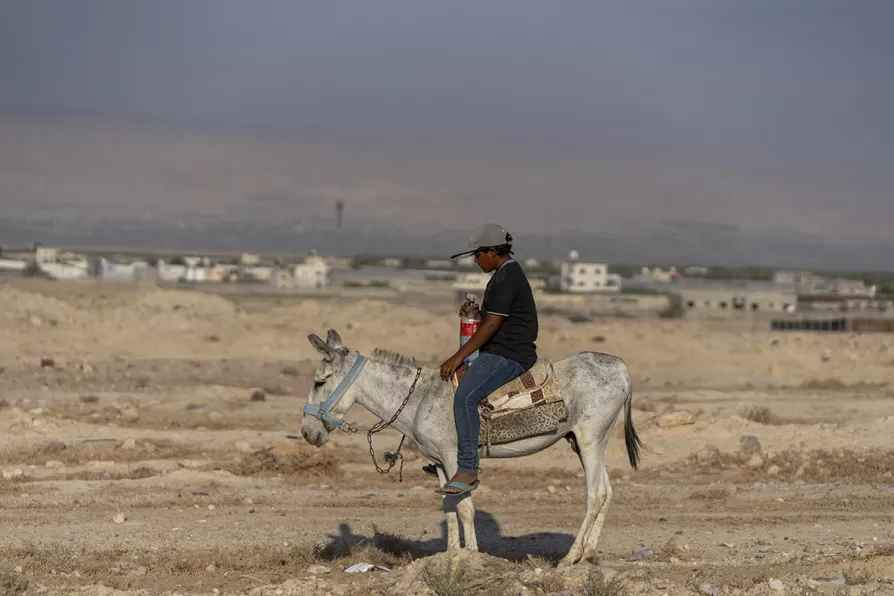A vast US war fleet deployed in the south Caribbean — ostensibly to fight drug-trafficking but widely seen as a push for violent regime change — has sparked international condemnation and bipartisan resistance in the US itself. FRANCISCO DOMINGUEZ reports

 A Palestinian boy rides a donkey through dry land in the northern Jordan Valley, West Bank, Friday, August 11, 2023
A Palestinian boy rides a donkey through dry land in the northern Jordan Valley, West Bank, Friday, August 11, 2023
IT IS feasible for China to continue playing an important role in mediating Middle East conflicts. In fact, it already has. In the case of the Israeli occupation of Palestine, however, mediation is hardly the issue.
Even before Beijing successfully managed to achieve reconciliation between Saudi Arabia and Iran last April, Chinese diplomacy has shown exceptional maturity.
For many years, China has been perceived to be an outsider to global affairs, supposedly contending itself to economic expansion or to regional economic integration.

Gaza’s collective sumud has proven more powerful than one of the world’s best-equipped militaries, but the change in international attitudes isn’t happening fast enough to save a starving population from Western-backed genocide, argues RAMZY BAROUD

Despite internal pressure over the Gaza genocide, Narendra Modi’s government has deepened relations with Tel Aviv. ROGER McKENZIE explores the geopolitics behind these strengthening links












